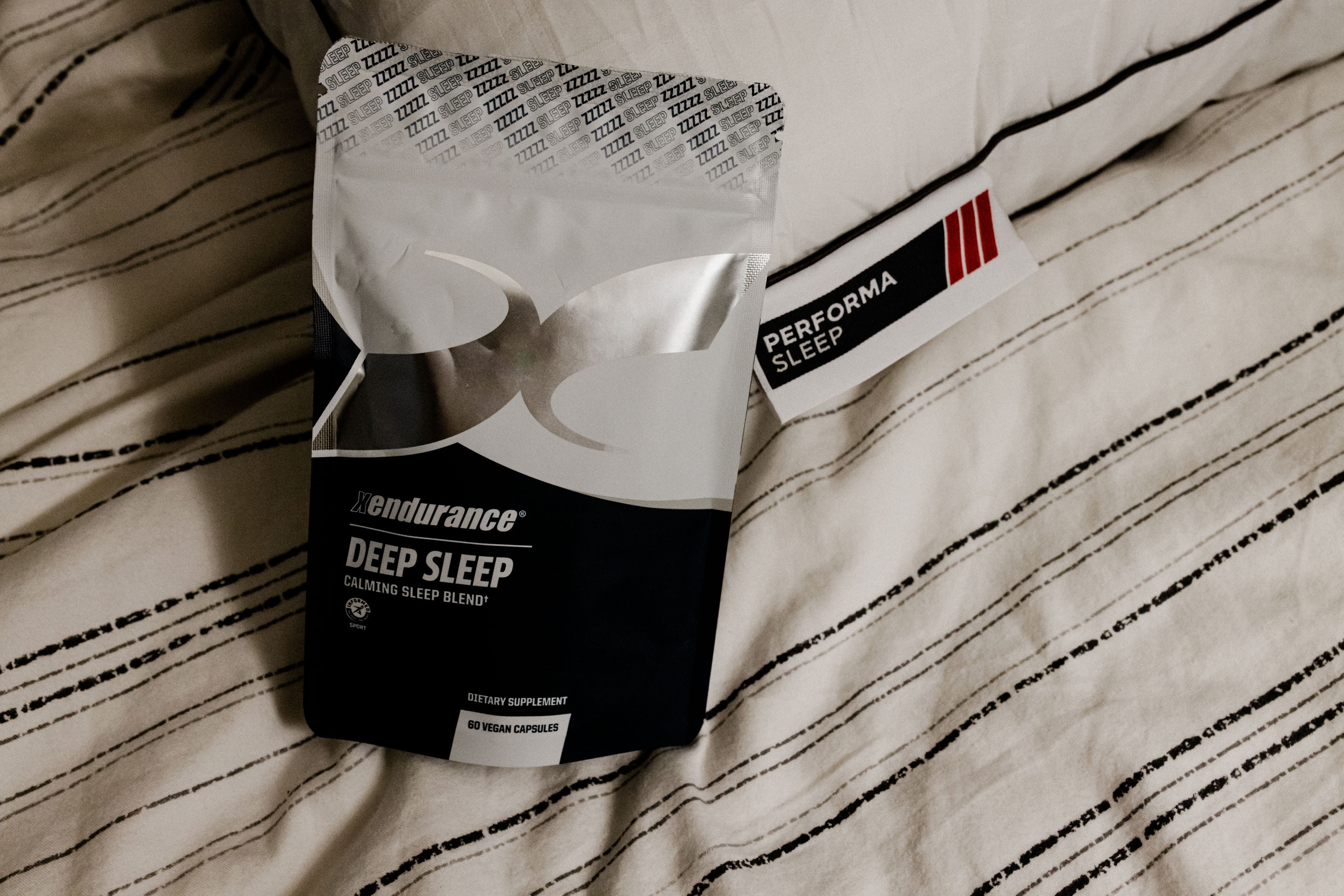Mastering the gut microbiome can be a challenging process and appears to be the new buzz word today. The gut microbiome is the collection of microbes and all of their genes residing in our digestive tract including bacteria, viruses, and fungi. Bacterial cells outnumber human cells 10 to 1. Yes, we are more bacteria than we are human.
There are 100 trillion bacteria in and on our bodies and 90% that reside in the large intestine. There are approximately 10,000 species of bacteria in the body and 1,000 species of bacteria in our gut. The specific combination of microbes that live within us is individualized due to many factors some of which include where we live, what we eat, and what antibiotics we have taken during our lifetime.
Mounting research suggests that the bacteria living in our digestive tract play a significant role in our overall health including regulating immune function, preventing growth of harmful microorganisms, influencing hormone and neurotransmitter production, fermenting indigestible food, and the production of nutrients. Studies are proving that our gut bacteria (or lack thereof) can be related to a vast number of health conditions such as weight status, malnutrition, heart disease, diabetes, celiac disease, eczema, asthma, multiple sclerosis, colitis, some cancers, depression, and autism. (1)
Below are a handful of tips that you can start to implement into your lifestyle for not only an enhanced immune system, but also a healthy gut microbiome.
Tip 1: Feed your gut with whole plant foods as bacteria eat the fiber found in plants.
- Fruits and veggies
- Whole grains
- Legumes, beans, nuts and seeds
Tip 2: Eat more polyphenols.
Polyphenols are plant-based antioxidant compounds. The good guy gut bacteria promotes polyphenol absorption and polyphenols promote the growth and diversity of a healthy microbiome. We find these polyphenol powerhouses in the following:
- Plant foods: veggies, fruits, whole grains, nuts, legumes, beans, and seeds
- Herbs and spices: turmeric, ginger, cinnamon, oregano, and rosemary
- Others: tea, coffee, dark chocolate, red wine, and extra virgin olive oil
Tip 3: Eat more fermented foods.
Fermented foods play a vital part in gut and immune health as fermented foods act as natural probiotics. These include:
- Dairy: yogurt and kefir
- Vegetables: sauerkraut, kimchi, and pickles
- Soy: miso and tempeh
- Apple cider vinegar
Tip 4: Know your vitamin D status.
Vitamin D is more of a hormone than a vitamin where basically every cell in our body needs it. Unfortunately, vitamin D deficiency is common (about 42% of the U.S. population is deficient in Vitamin D) and being deficient in this nutrient may alter the gut microbiome. Vitamin D deficiency is also associated with increased inflammation in the gut. Sources of vitamin D include:
- Sunlight
- Food: fatty fish like wild salmon, egg yolks, fortified foods (milk, dairy alternatives, and cereal) and sun-bathed mushrooms
- Supplementation
Bottom line: feed your flora nutrition summary tips:
- Eat a whole foods based diet that includes good sources of fiber.
- Consume at least 30 different plant species each week.
- Include fermented foods into your diet.
- Limit your intake of highly processed foods.
- Avoid artificial sweeteners.
“Eat food. Not too much. Mostly plants.” ~Michael Pollan
Chrissy Barth, MS, RDN, RYT, is an integrative and functional sports registered dietitian and mind-body expert in the field of holistic nutrition.
Arizona Academy of Nutrition and Dietetics, the Collegiate & Professional Sports Dietitians Association, The International Association of Eating Disorder Professionals, the International Sports Sciences Association, Yoga Alliance, and the National Speakers Association – Arizona.
Chrissy is the founder and CEO of Live Breathe Nutrition, LLC and Nutrition Lifestyle Education. https://livebreathenutrition.com
(1) Reference: Introduction to the Human Microbiome. American Microbiome Institute.









Leave a comment
This site is protected by hCaptcha and the hCaptcha Privacy Policy and Terms of Service apply.